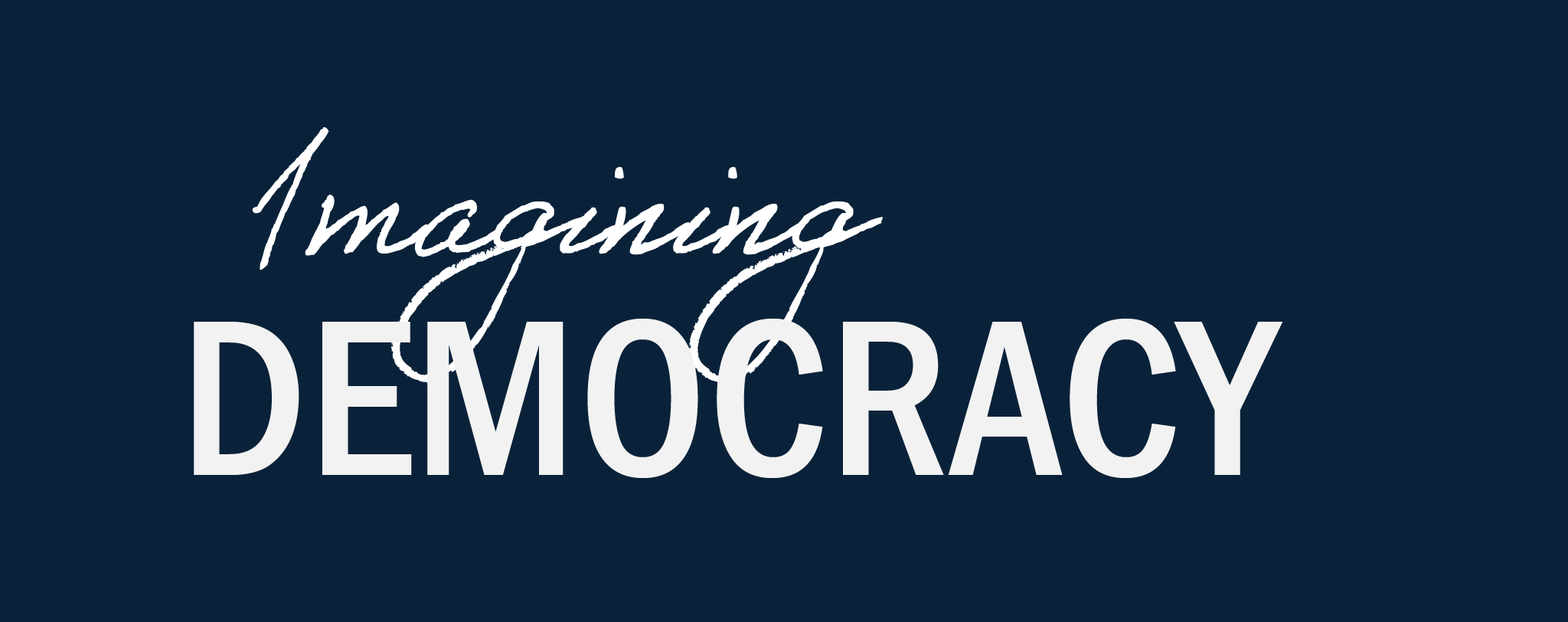Voter Registration Challenges
Common Challenges in Voter Registration Post-Shelby v. Holder
The Shelby County v. Holder (2013) decision removed the federal preclearance requirement under Section 5 of the Voting Rights Act, allowing states with histories of voter discrimination to change voting laws without federal oversight. This has led to challenges such as the closure of registration sites, restrictive voter ID laws, and purges of voter rolls.
Voter ID Laws, Language Barriers, Residency Requirements, and Accessibility Issues:
- Voter ID Laws: Require voters to present specific forms of identification, disproportionately affecting low-income, minority, elderly, and student voters who may not have the required IDs.
- Language Barriers: Non-English speakers face challenges due to inadequate language assistance at registration sites, despite protections under the Voting Rights Act requiring translated materials in areas with significant non-English speaking populations.
- Residency Requirements: Strict residency documentation can prevent transient populations, such as students and the homeless, from registering.
- Accessibility Issues: People with disabilities may find registration sites and materials inaccessible, despite federal laws requiring accommodations.
Impact of NVRA and HAVA on Voter Registration:
- National Voter Registration Act (NVRA): Requires states to offer voter registration at DMV offices and public assistance agencies, and to maintain accurate voter rolls without purging active, eligible voters. The NVRA has increased voter registration opportunities but faces challenges with inconsistent implementation.
- Help America Vote Act (HAVA): Mandates statewide voter registration databases and accessible voting systems, improving overall registration processes and access, but states’ implementation varies, impacting uniformity and effectiveness.
Facilitating Voter Registration
- Automatic Voter Registration (AVR): Automatically registers eligible citizens when they interact with government agencies (e.g., DMVs), unless they opt out, leading to increased registration rates.
- Online Voter Registration: Allows eligible voters to register or update their information online, making the process more accessible and reducing errors.
- Community Outreach Programs: Engage underserved communities through targeted registration drives and education efforts, helping to close registration gaps and address barriers specific to these populations.
Georgia’s Voter Registration Issues
- Exact Match Law: Requires voter registration information to exactly match state or federal databases. Minor discrepancies, such as a missing hyphen, can lead to a “pending” status, preventing individuals from voting unless they resolve the issue in advance.
- “Use It or Lose It” Policy: Georgia removes voters from the rolls if they have not voted in recent elections and failed to respond to a mail notice. This practice, allowed under the NVRA, can disproportionately affect minority and low-income voters.
- Provisional Ballots: Voters whose registration status is in question may use provisional ballots, but these are often rejected due to minor errors or lack of follow-up verification.
Tagged Voting Rights and Procedures


